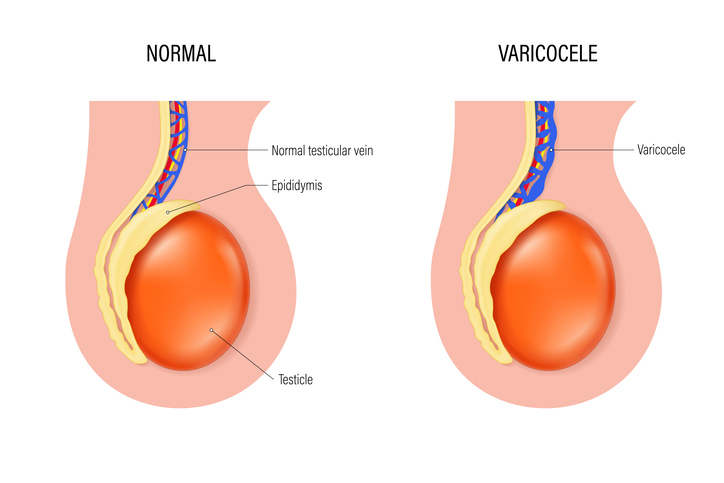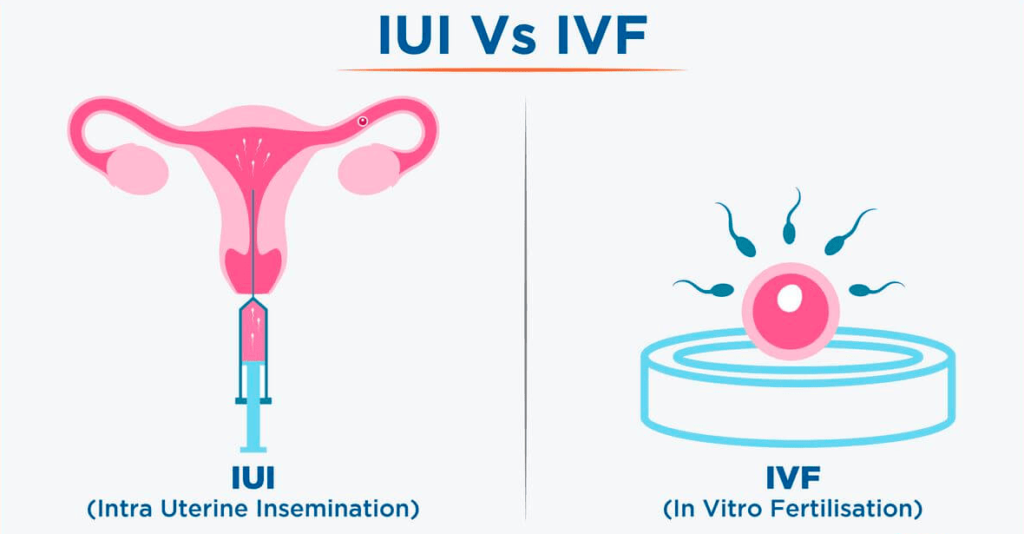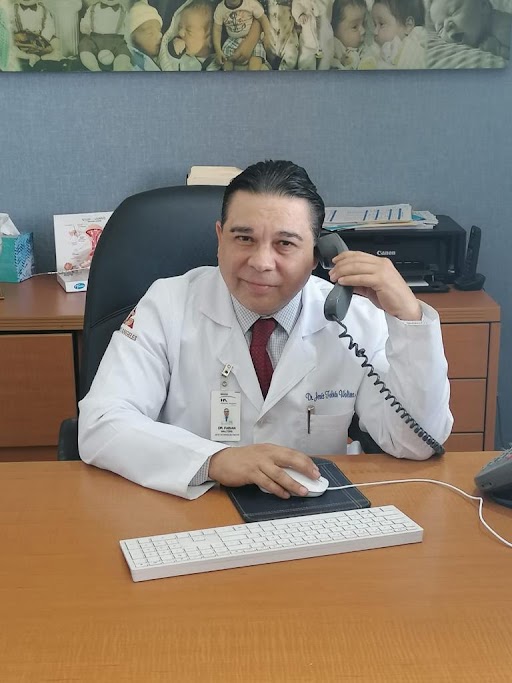A varicocele is a condition where veins in the scrotum become enlarged, impacting sperm production and quality. This condition is a common cause of male infertility, making natural conception difficult. Fortunately, there are two primary treatment options: surgery or assisted reproduction.

If you suspect a varicocele or any fertility issue, it’s important to seek help from clinics for male infertility testing. These clinics can help determine the best path forward, whether that involves medical treatment or reproductive technology.
Option 1: Varicocele Surgery
A varicocelectomy is a surgical procedure to correct blood flow in the scrotum, potentially improving sperm production over time. For some men, surgery offers a permanent solution to infertility.
Benefits of Varicocele Surgery
- Gradual improvement in semen quality: Sperm health improves gradually over a few months after surgery.
- Permanent solution: If the varicocele is the sole cause, surgery may restore long-term fertility without further intervention.
Limitations of Surgery
- Uncertain results: Not all men experience significant improvement in fertility after surgery.
- Delayed conception: It can take 3 to 6 months to see results. This timeline may not be ideal if the woman is over 35, where age is a crucial factor.
Clinics offering comprehensive infertility testing can help assess the likelihood that surgery will improve fertility in your specific case. If the varicocele is not the sole issue, surgery might not fully address the problem.
Option 2: Assisted Reproduction

When surgery isn’t the best choice—especially if time is limited—assisted reproduction becomes a quicker and more effective option. Procedures like intrauterine insemination (IUI) or in vitro fertilization (IVF) bypass some of the challenges caused by poor sperm quality.
Benefits of Assisted Reproduction
- Immediate solution: You can pursue fertility treatments without waiting for surgery results.
- High success rates: Even with lower sperm quality, advanced reproductive technologies like IVF increase the chances of pregnancy.
- Ideal for women over 35: This option optimizes time when egg quality becomes a factor.
Limitations of Assisted Reproduction
- Higher costs: Assisted reproduction treatments can be expensive, but affordable infertility testing clinics can help you identify cost-effective solutions.
- Doesn’t fix the underlying cause: Assisted reproduction addresses fertility challenges but doesn’t correct the varicocele itself.
When to Choose Assisted Reproduction?
If the female partner is over 35 or has other fertility challenges, it’s often best to prioritize assisted reproduction. Treatments like IVF offer the highest chance of success within a shorter time frame. However, clinics for male infertility testing can determine if both surgery and assisted reproduction might be required for the best outcome.
How to Choose the Right Treatment Option?
Both varicocele surgery and assisted reproduction have their benefits and limitations. Consulting with clinics offering comprehensive infertility testing is the best way to determine which path is right for you. Fertility specialists at these clinics will analyze both partners’ fertility health and suggest a personalized treatment plan.
If affordability is a concern, affordable infertility testing clinics can provide options to help you plan your treatment within your budget.
Conclusion
A varicocele can complicate male fertility, but clinics for male infertility testing offer comprehensive evaluations to identify the best treatment options. Surgery can restore natural fertility over time, while assisted reproduction provides a quicker route to parenthood, especially for couples with additional fertility challenges. Whether you opt for surgery, IVF, or IUI, a well-informed decision through comprehensive fertility testing is the key to achieving your dream of parenthood.
If you’re concerned about male fertility, don’t wait. Schedule your comprehensive fertility evaluation with our specialists to explore the best treatment options tailored to your needs.




